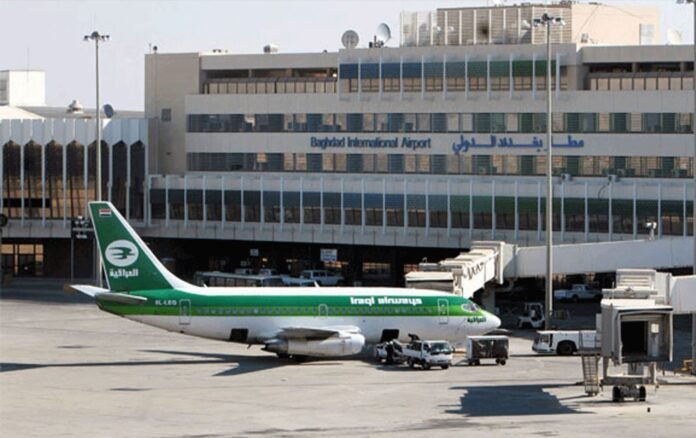Iraq airspace closure is now costing the country more than $250,000 every single day. The decision to shut Iraqi skies followed rising missile attacks between Iran and Israel. Airlines quickly rerouted, and the impact on Iraq’s aviation sector has been severe.
Before tensions escalated, more than 700 aircraft flew through Iraq’s airspace each day. These flights generated steady revenue through overflight fees and support services. However, since June 13, traffic has dropped sharply as international carriers avoid the area.
Every transit flight normally pays Iraq around $450 for passenger jets and $700 for cargo planes. These charges formed a critical income source for the country’s aviation authority. But now, that stream has nearly dried up.
Amer Abdul-Jabbar, a member of the Iraqi parliament’s transport committee, confirmed the losses. He said direct revenue losses have already surpassed $250,000 per day. This figure excludes other damages such as airport service disruptions, ground staff layoffs, and halted fuel and cargo operations.
Iraq airspace closure also forced Iraqi Airways, the national airline, to cancel most domestic and international routes. This adds to the financial strain, as ticket sales, onboard purchases, and tourism-linked income vanish.
Airlines across the region are adjusting their routes. Many now avoid large portions of Middle Eastern skies to ensure passenger safety. This has created longer flight times and higher fuel costs, but companies prefer caution over risk.
Meanwhile, Iraq’s airports remain underutilized, and support sectors suffer from low demand. Ground services, catering providers, and logistics partners all face reduced operations.
The broader consequences are not just financial. The prolonged Iraq airspace closure damages the country’s reputation as a safe transit hub. It also discourages future airline agreements and partnerships.
Aviation experts say that until regional stability returns, Iraq will continue to bleed money from lost overflight fees and aviation-linked services. Swift diplomatic solutions and risk assessments will be critical for restoring normal operations and rebuilding airline trust.


